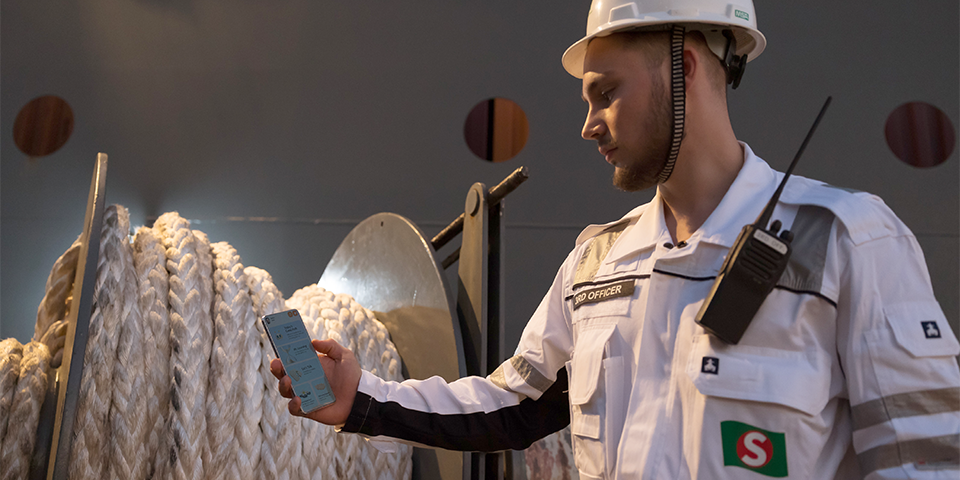According to a study conducted by Yale University in 2019, up to 25% of seafarers experience depression; figures that are not surprising considering the peculiarities of seafaring. When adding personal problems at home, anxiety, feelings of exhaustion, loneliness or pre-existing mental health conditions, any person can easily be pushed to the brink.
Some shipping companies already offer in-house mental health support services such as employee support programmes and telephone hotlines. However, not all seafarers are comfortable with taking advantage of mental health support services offered by their employer. In fact, several studies find the estimated uptake of such employee assistance programmes is only 4–6%. This is partly due to cultural biases but also confidentiality issues surrounding mental health.
Bernhard Schulte Shipmanagement (BSM) can also confirm from working with their own seafarer helpline that a significant percentage of seafarers face mental health issues and that support is needed. This is why the ship manager is looking into new ways to support the welfare of its crew. In collaboration with key customers, the company launched Bigyellowfish, a digital wellbeing tool for seafarers, on board more than 40 vessels aiming to destigmatise mental health issues and promoting self-care, while reducing the probability of mental health issues negatively impacting safety on board.
Andrew Cummings, Fleet Director of BSM in Singapore, says: “Mental health and wellbeing are critical components in seafarers feeling safe and thriving at work. With the introduction of Bigyellowfish, we see a real uplift in the wellbeing of our crew using the app and at the same time a decline in the numbers of reported incidents on board the vessels they work on.”
The core product is a mobile app that enables seafarers to reflect regularly on how they feel and why they feel that way. It allows them to track and monitor their sleep quality and engage in wellbeing activities to improve their state of mind and continuous mental health orientation through gamified microlearning. When feeling overwhelmed by stress, loneliness or homesickness, seafarers can interact with a mental health chatbot or connect with a psychologist to share and discuss any difficulties they face.
The data collected by the app is evaluated with analytics tools and easy-to-use dashboards on shore, not only helping shipowners and managers to support the wellbeing of seafarers but also to anticipate problems before they occur. Particularly, the reduced number of incidents show the potential of the solution. Injuries on board are costly for organisations and employers, both financially due to changes in schedules and having to replace crew, as well as reputationally. Helping seafarers to stay mentally stable contributes to a safer work environment and can support higher retention rates. This is an important argument when considering the anticipated shortage of marine workers in the near future.
This recently secured for the creators of the app additional funding by the Schulte Group’s venture capital arm. Haymon Sinapius, Investment Manager at Innoport, says: “With our investment into Bigyellowfish, we empower shipowners and managers to proactively engage with seafarers, monitor the overall mental health status onboard our vessels and provide crew with direct support.”
Apart from the mental health and wellbeing portion of the app, Bigyellowfish offers gamified training sessions for specific content. Following the investment from Innoport, alongside two other venture capital funds, the start-up is to further develop the technology.







